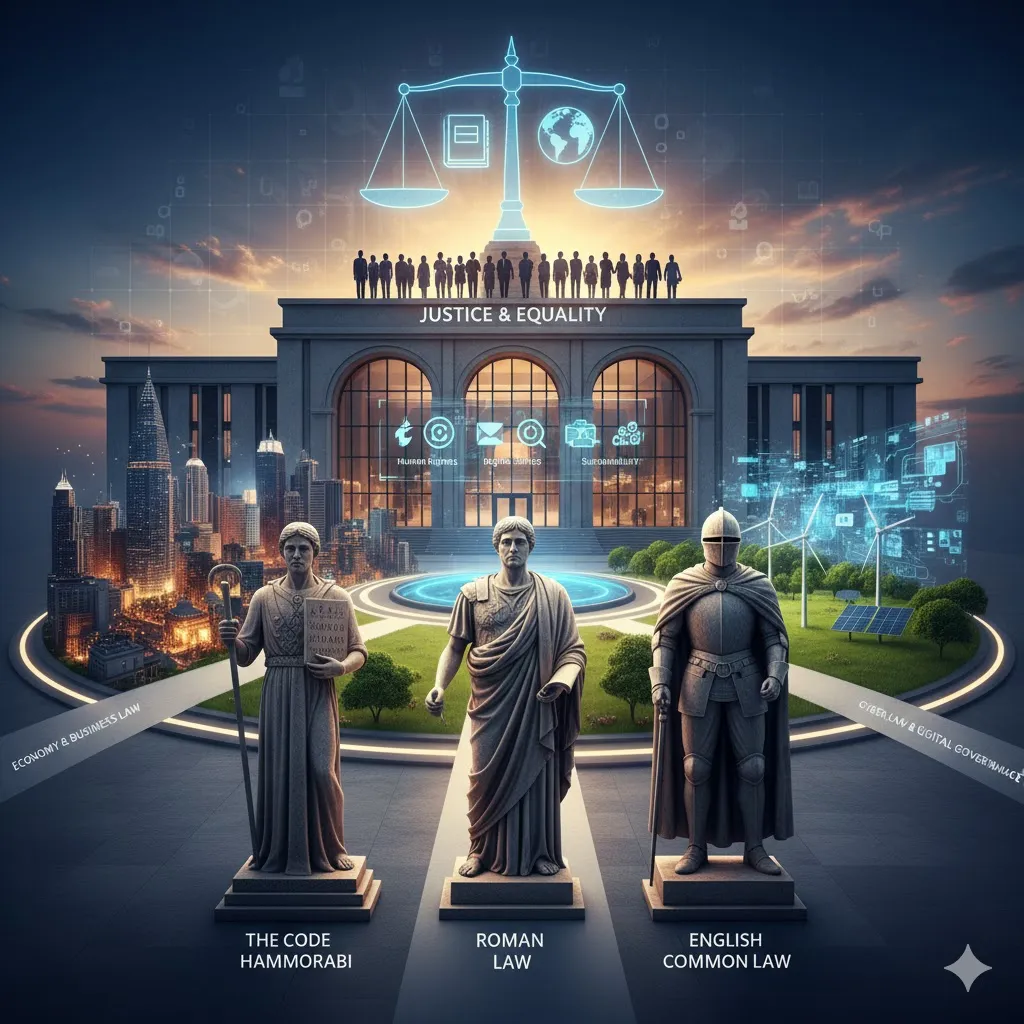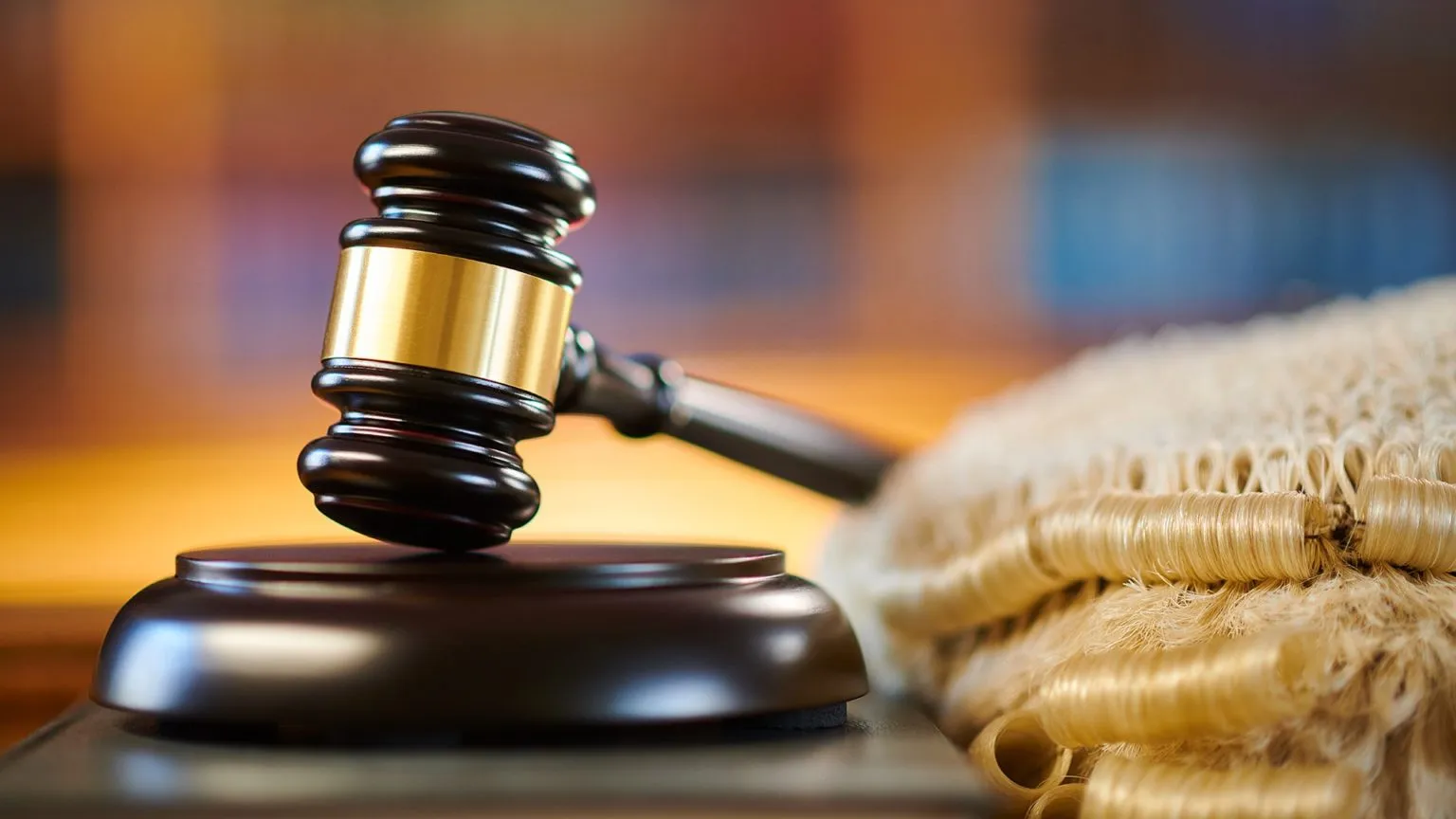Constitutional Law: The Foundation of Freedom, Rights, and Government Power
Introduction
Every nation is built upon a set of fundamental rules that define how power is exercised and how citizens’ rights are protected. These rules are known as the constitution, and the body of law that interprets and enforces them is called constitutional law. Understanding constitutional law is essential because it forms the backbone of democracy, liberty, and justice. It determines how governments function, what limits exist on their authority, and how citizens can protect their basic freedoms.
1. The Origins of Constitutional Law
Early Beginnings
The roots of constitutional law can be traced to ancient civilizations. The Magna Carta of 1215, signed in England, is often seen as the first step toward limiting royal power and recognizing citizens’ rights. It established the idea that even rulers must obey the law.
The Rise of Written Constitutions
In the 18th century, documents like the U.S. Constitution (1787) and the French Declaration of the Rights of Man (1789) inspired nations to codify principles of freedom, equality, and justice. These texts became the foundation for modern constitutional democracy.
2. What Is Constitutional Law?
Definition and Scope
Constitutional law is the area of law that governs how states are organized and how political power is distributed. It regulates the relationship between the government and the people, ensuring that authority is exercised lawfully.
Two Core Aspects
- Structure of Government – How powers are divided among branches (executive, legislative, judicial).
- Protection of Rights – Ensuring that individual liberties are respected and protected from government abuse.
In short, constitutional law answers the questions: Who governs? How do they govern? And within what limits?
3. The Core Principles of Constitutional Law
Constitutional law is based on a set of guiding principles that uphold the rule of law and democracy.
Fundamental Principles
- Separation of powers – Dividing authority among different branches to prevent tyranny.
- Checks and balances – Each branch can limit the power of the others.
- Rule of law – No one is above the law, not even the government.
- Human rights and freedoms – Protecting individual dignity and liberty.
These principles ensure that power remains accountable and that justice serves all citizens equally.
4. Separation of Powers: Balancing Authority
The Three Branches
- Legislative branch – Makes the laws (e.g., Congress, Parliament).
- Executive branch – Enforces the laws (e.g., President, Prime Minister, government agencies).
- Judicial branch – Interprets the laws (e.g., courts, supreme courts).
Why It Matters
The doctrine of separation of powers prevents any one branch from dominating the others. It promotes balance and stability, ensuring that no leader or institution can become too powerful.
5. Fundamental Rights and Liberties
The Heart of Constitutional Law
At its core, constitutional law exists to protect human rights. These rights are often written directly into the constitution or a bill of rights.
Common Fundamental Rights
- Freedom of speech and expression
- Right to equality and non-discrimination
- Right to privacy
- Freedom of religion
- Right to a fair trial
Balancing Rights and Public Interest
While these rights are vital, they are not absolute. Governments can limit certain freedoms (like free speech or movement) when necessary to protect national security, public order, or the rights of others — but only within constitutional limits.
6. Judicial Review: The Guardian of the Constitution
Definition
Judicial review allows courts to examine government actions or laws to ensure they comply with the constitution. If something violates the constitution, the courts can declare it invalid.
Role of the Courts
The Supreme Court or Constitutional Court plays a crucial role in upholding constitutional supremacy. Through judicial review, the courts become the guardians of freedom, preventing abuses of power by other branches of government.
Famous Example
In Marbury v. Madison (1803), the U.S. Supreme Court established the principle of judicial review, setting a precedent followed by many democracies worldwide.
7. Federalism and the Distribution of Power
What Is Federalism?
In countries like the United States, Canada, or Germany, federalism divides power between a central government and smaller regional entities (states or provinces).
Advantages of Federalism
- Encourages local decision-making.
- Prevents excessive centralization of power.
- Promotes regional diversity and autonomy.
Challenges
Constitutional law often deals with disputes over which level of government has authority in specific matters — for example, education, taxation, or environmental policy. Balancing these powers is a constant constitutional challenge.
8. Constitutional Rights in Modern Society
Evolving Interpretations
As societies evolve, so do interpretations of constitutional rights. Courts continually reassess how constitutional principles apply to new issues like digital privacy, same-sex marriage, or artificial intelligence.
Example: Digital Age Rights
In the era of social media and data collection, constitutional law now protects individuals against unlawful surveillance and data misuse. The right to privacy has expanded beyond physical space into the digital world.
Expanding Equality
Modern constitutions increasingly emphasize inclusion — extending rights to women, minorities, and marginalized communities. Constitutional law ensures that progress toward equality remains grounded in legal protection.
9. Constitutional Crises and Reform
When Systems Fail
A constitutional crisis occurs when the government exceeds its powers or when laws contradict constitutional principles. Examples include unlawful extensions of executive power or manipulated elections.
The Role of Reform
To address such issues, many nations undergo constitutional reform — revising outdated provisions, adding new rights, or strengthening judicial independence. A flexible constitution allows societies to adapt without losing stability.
Citizen Participation
Reforms are most successful when they involve public input. Modern democracies increasingly emphasize citizen participation in shaping the constitution — ensuring it reflects the will and values of the people.
10. The Future of Constitutional Law
Adapting to Globalization
In today’s interconnected world, constitutional law must respond to global challenges — from climate change to migration and cybersecurity. International cooperation and human rights treaties are influencing domestic constitutions.
Technology and Governance
Artificial intelligence, surveillance technologies, and digital communication raise new constitutional questions:
- Who owns our data?
- Can algorithms violate freedom of expression?
- How do we protect privacy in a connected world?
The Path Ahead
The future of constitutional law lies in balance — between tradition and innovation, freedom and security, sovereignty and global responsibility. As the ultimate guardian of justice, constitutional law will continue to evolve with humanity’s moral and technological progress.
Conclusion
Constitutional law stands at the very heart of modern civilization. It defines the limits of power, safeguards human rights, and ensures that justice prevails over tyranny. While political systems and technologies change, the principles of the constitution remain timeless — liberty, equality, and the rule of law. Understanding constitutional law helps citizens recognize their rights and responsibilities, strengthening democracy from the ground up. In the end, the constitution is not just a document — it is the living soul of a free society.











